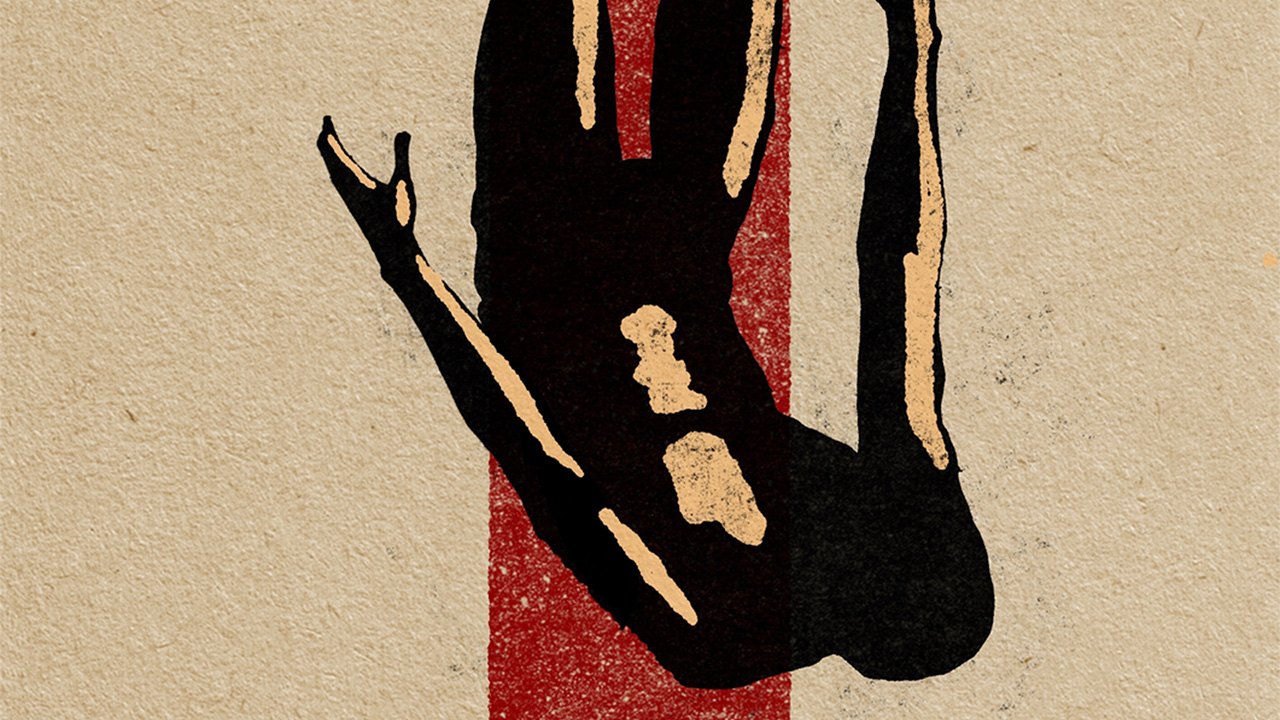It’s not surprising that African American Christianity has consistently focused on themes of empowerment and economic uplift. Christianity in the Black community in the American colonies emerged in earnest during the First Great Awakening in the mid-1700s. Baptist and Methodist evangelists in particular spread the gospel to enslaved people, who resonated with the biblical story of exodus, the principle of equality, and the promise of future hope.
By the late 1700s, autonomous Black churches emerged. While marked by powerful worship, these congregations also attended energetically to human need. Free Black Americans sought to help one another as well as those who were enslaved. Such activities required money, and in the face of economic discrimination, Black Americans in the church turned to entrepreneurial innovation. They pioneered a variety of “enterprise solutions” to poverty: strategies that went beyond short-term relief to build community wealth.
A Legacy of Enterprise Solutions
Proposed solutions to the racial wealth gap that rely on charitable/philanthropic responses rather than wealth-building strategies fall short in at least two critical ways. First, they cannot make a substantial dent in the problem. Second, they fail to center Black individuals and communities themselves as the solution-makers. Enterprise strategies that seek to create market access and opportunity for Black entrepreneurs (e.g., access to affordable credit) are more dignifying. They also fit better with the impressive legacy of Black Christians advancing enterprise solutions to poverty.
Throughout the 18th and 19th centuries, for example, church leaders organized mutual aid societies and economic cooperatives. African American ministers Richard Allen and Absalom Jones founded the first Black mutual society — the Free African Society in Philadelphia — in 1787. Society members paid modest monthly dues; they could then could draw benefits when needed for medical care or funeral expenses. By 1847, a census by the Pennsylvania Abolition Society found that free Black Americans had formed some 80 mutual aid societies in Philadelphia alone. Historian Jessica Gordon Nembhard calls them “the handmaiden” of the Black church.
Despite their well-known differences, two leading giants of the 19th century, W.E.B. DuBois and Booker T. Washington, agreed that economic development in the Black community was vital. Washington founded the National Negro Business League in Boston in 1900 to network Black business founders and encourage Black entrepreneurship. DuBois championed economic co-ops, where employees are also the business owners. DuBois’s 1907 research uncovered some 154 Black co-ops active in the United States. He established the Negro Cooperative Guild in 1918 to bring co-op leaders together for learning and collaboration.
Charles Clinton Spaulding (1872-1952), one of the most prominent Black Christian businessmen of the 20th century, was characteristic of numerous entrepreneurs who sought not to simply make money, but to do all they could for the economic uplift of struggling African American communities. As president of North Carolina Mutual Life Insurance from 1900-1952, Spaulding’s faith intentionally and consistently shaped his business practices. Spaulding’s company — which sold affordable burial insurance, employed many, and gave generously — helped to fund two local hospitals, three newspapers, and several local churches.
In the face of discrimination by white-owned banks, entrepreneurial Black leaders founded their own financial institutions. In 1890, Rev. William Reuben Pettiford founded the first Black-owned financial institution in Alabama. Over time, his Penny Savings Banks established branches in Selma, Anniston, and Montgomery. In 1902 in Richmond, Virginia, Maggie Lena Walker became the first African American woman to charter a bank, the St. Luke’s Penny Saving Bank. By 1920 it had made over 600 mortgage loans to Black families.
Economic Strategies in the Civil Rights Struggle
Black Christians continued to pioneer fresh economic initiatives throughout the civil rights movement. For example, Catholic priest A.J. McKnight encouraged the development of Black agricultural cooperatives in rural Louisiana throughout the 1950s. Recognizing how Black farmers needed greater access to capital, he co-founded the Southern Consumers Cooperative in 1964. The regional investment cooperative attracted funding from outside sources and steered it into multiple small co-ops.
While McKnight labored in the deep South, Rev. Leon Sullivan of Philadelphia deployed consumer power to redress racial injustice in the economy. His “selective patronage” campaign in 1961 urged Black church-goers to avoid purchasing from businesses that did not hire or promote Black employees. Sullivan’s campaign helped shape the Southern Christian Leadership Conference’s “Operation Breadbasket” in Atlanta the following year. By 1967, Atlanta’s Breadbasket had negotiated a total $25 million a year in new income to the Black community.
A variety of factors in the 1950s and 60s influenced serious decline in U.S. urban neighborhoods: federal housing policies that redlined primarily Black communities, the growing appeal of suburban housing developments to white middle-class families, and government transportation policies, such as the interstate highway projects that undermined economically vital Black neighborhoods.
The concept of community development corporations (CDCs) — locally controlled developers seeking the revitalization of their neighborhoods — arose to combat the concentrated poverty in these increasingly distressed urban communities. CDCs aim to jumpstart economic development, leading to increased property values, better quality housing, and new jobs for local residents.
Church leaders were active in the vanguard of the CDC movement. Black pastors and laypeople championed the establishment of two of the earliest CDCs — one in Brooklyn, New York, and another in Cleveland, Ohio. Other early faith-based CDCs included New Community Corporation of Newark, New Jersey, and the St. Nicholas CDC in Brooklyn. Today, Black churches in many major urban centers — Los Angeles, Detroit, New York City, Atlanta, Miami, Philadelphia, Milwaukee, Chicago — have sister CDCs that have built thousands of units of affordable housing and spurred retail business development through loans and coaching.
Denominational Initiatives
Denominational bodies have also played key roles in the economic uplift of Black communities. The African Methodist Episcopal Church (AME), for example, formed the Department of Extension in 1892 to raise capital from local church offerings in order to disburse small business loans. The AME Church has also partnered often with Black-owned businesses and Black banks. Just four years ago, for example, the AME Church announced a new partnership with 19 Black-owned banks, aimed at increasing wealth in the Black community. Bishop Reginald Jackson, then-president of the Council of AME Bishops enthused that the project would increase the banks’ capacity for lending to small businesses and helping individual church members obtain mortgages.
The National Baptist Convention is another denomination committed to economic engagement. Its housing commission has built over 1,000 units of affordable housing for low- and moderate-income Black families, particularly the elderly, in 27 cities.
Today’s Coalitions and Networks
Over the past few decades, innovative entrepreneurs have launched new organizations to spur economic uplift. John Perkins established the Christian Community Development Association in the 1980s, and today it boasts over 1,500 members. More recently, Kelly Burton established Founders of Color to help Black and Latinx business owners grow their enterprises. She says that entrepreneurship is the way to wealth creation for minority communities. NFL star Jaylon Smith agreed: He founded the Minority Entrepreneurship Institute in 2018 to provide investment capital and business training to Black and Latinx entrepreneurs. By 2021 it had raised and deployed $800,000 into minority-owned companies.
These newer networks are vital in light of the ongoing effects of historic discrimination. For example, many entrepreneurs use equity from their homes to launch their new businesses. But discrimination in housing and lending have contributed to low Black homeownership rates (40.6 percent versus 74 percent among whites). Would-be Black entrepreneurs have less of their own capital to turn to. Moreover, according to the Stanford Institute for Economic Policy Research, “only one percent of Black business owners were able to obtain loans in their founding year.”
This enterprise strategy is a vital, necessary means of advancing the fight against poverty in the Black community and addressing the racial wealth gap — the Federal Reserve estimates that the average Black or Latinx household owns only 15-20 percent of the net wealth of the average white household. Christians should be concerned to support Black entrepreneurs as a matter of justice.
Adapted from Amy L. Sherman and Josh Yates, Christian Enterprise Solutions to Poverty Field Guide (Duke Divinity School, 2022) with permission. Visit EnterpriseSolutionsToPoverty.com to learn more.
Image of Booker T. Washington from the Library of Congress.





